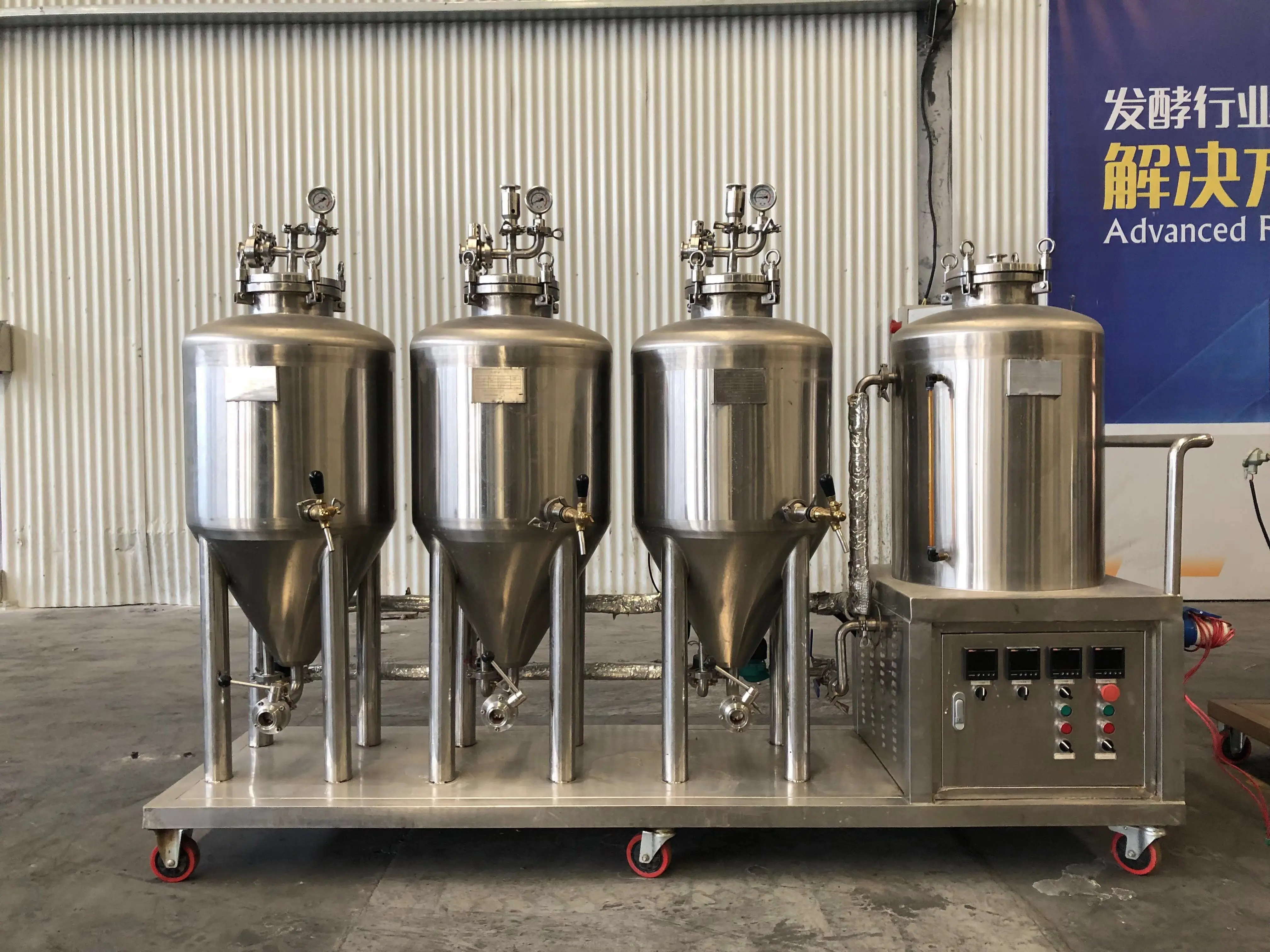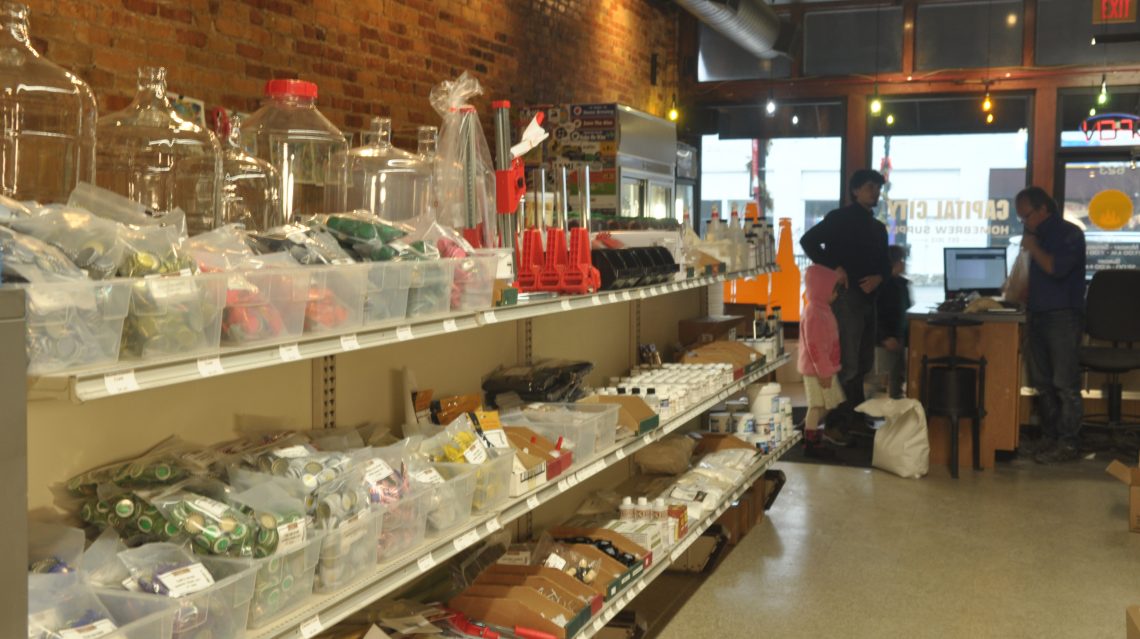
I got to where I just wanted to be accountable to myself.” I was making the best money I ever had in my life, but it was high demand, high stress, high accountability. “I was getting tired of the corporate jobs, and I felt like some company values weren’t in line with my own,” he says. It was an enjoyable hobby that provided downtime from a hectic, fast-paced career in retail distribution. Over the years, it also became a hub for people wanting to make cheese, soda, kombucha, kefir, yogurt, and other fermented foods and beverages.Īlderman got into homebrewing in 2007. Founded in 1979, Home Fermenter was among the first shops in the country to supply the equipment and ingredients to make, store, and serve beer or wine at home. Even though Prohibition was repealed in 1933, homebrewing was only federally legalized in 1978. Prohibition made homebrewing-the making of beer or wine at home-illegal nationwide in 1919. I had to rebound from how the store was perceived.” Fate ferments a big change

“The shop had gotten a reputation of not being helpful or willing to special order stuff. “I didn’t realize he had rubbed so much of the local brewing community the wrong way,” says Alderman about the previous owner.

#Homebrew supply full#
They were ready to retire and wanted to sell the shop.ĭespite planning and evaluating the decision, the Aldermans didn’t realized the full scope of the challenges of living in one area while planning to buy a business in another city. In January 2014, the owners pulled them aside. “We found ourselves talking about gardening and what was going on in our lives, instead of brewing. “I really connected with the prior owner,” says Jason Alderman. The Aldermans loved the shop so much that instead of going to closer shops or ordering online, they drove an hour south from their home in Albany to get their supplies for homebrewing beer and making fermented foods. In 2014, the Aldermans bought Home Fermenter Center (which they’ve since rebranded as Home Fermenter) in Eugene, Oregon. Outdated ordering systems, unpopular inventory, and unhappy rumblings from customers contributed to the decline of a once-healthy business-yet Jason and his wife Jennifer believed the business still had potential.

That’s not what you’d expect to hear from someone who has taken over ownership of an existing business, but that was the case for Jason Alderman. We wanted to know: What growing pains do business owners face once they have opened their doors? What are their struggles and successes? Check back in next week-we’ll be telling the unique story of another small business. Jason and Jennifer Alderman became unexpected small business owners when they saw potential in a homebrewing supply store that was on the brink of closure.Įditor’s note: This month, we’re sharing the stories of small businesses that have successfully navigated the startup process, and taking a look at what challenges they faced during year one and beyond.


 0 kommentar(er)
0 kommentar(er)
